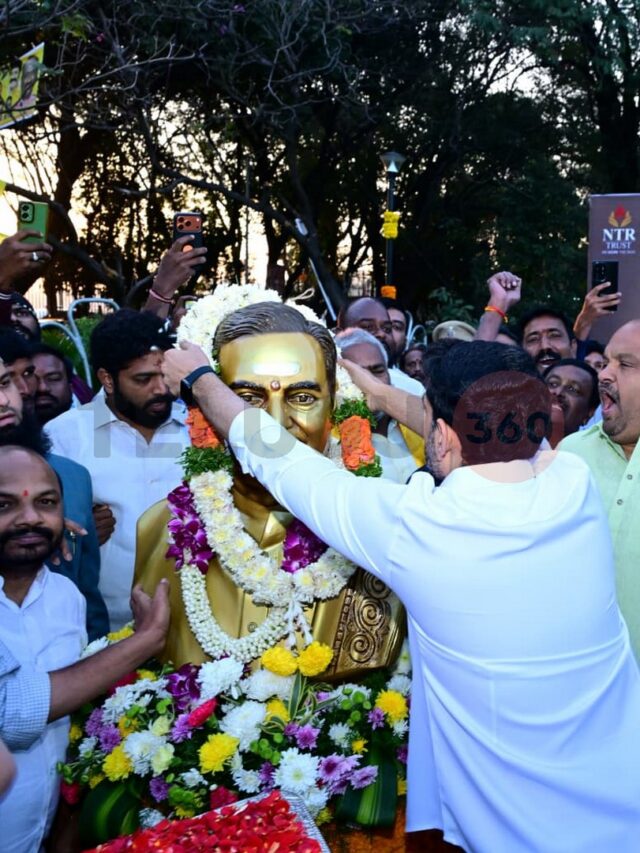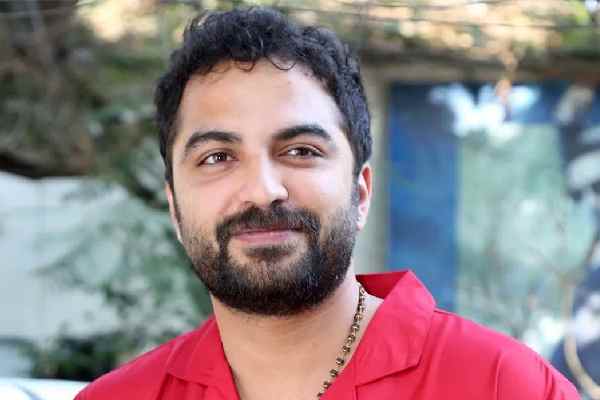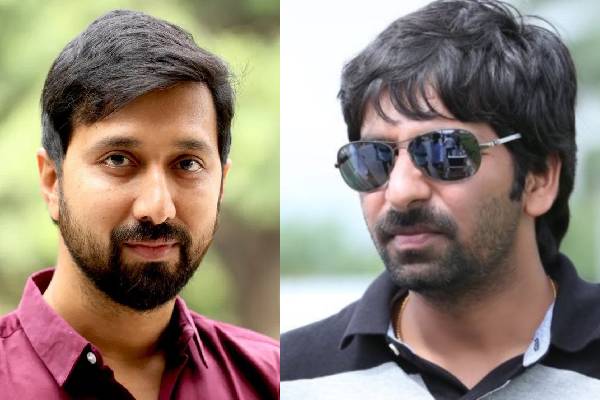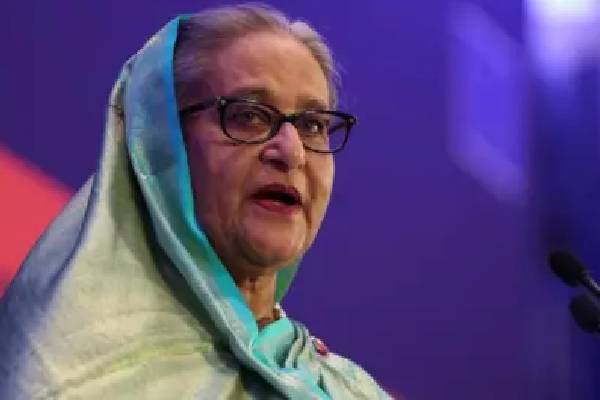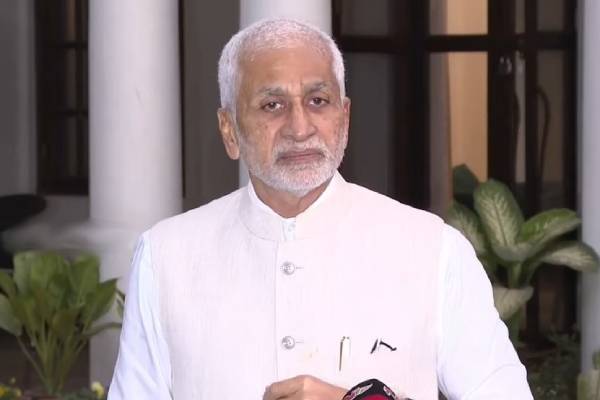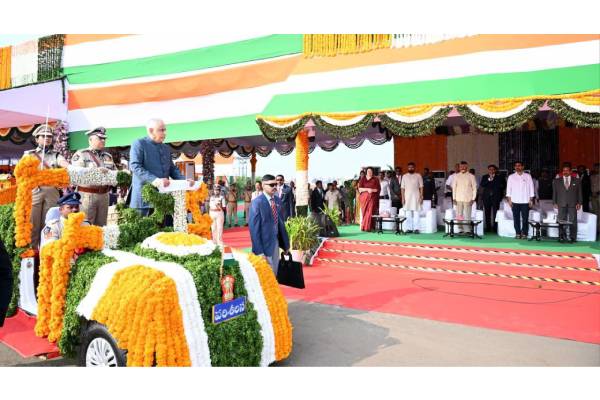Bangladesh has entered one of the most dramatic phases in its political history as the International Crimes Tribunal (ICT) pronounced a death sentence for former Prime Minister Sheikh Hasina. The verdict, linked to charges of crimes against humanity during last year’s violent anti-government demonstrations, has ignited shock, celebration, anger and fear across the nation.
Hasina, now 78 and living in exile in India, has refused to return to Dhaka to face trial. The tribunal delivered its judgment in her absence, declaring that the evidence met all criteria for crimes against humanity. As the decision was broadcast live on national television, crowds inside and outside the courtroom erupted in cheers.
Hasina Calls Charges “False” and Claims She Is Being Targeted
Just before the final verdict, Sheikh Hasina released a defiant audio message aimed at her supporters. She insisted that every allegation was fabricated and accused Bangladesh’s current Chief Adviser, Muhammad Yunus, of “destroying the country through unlawful power-grabbing.”
She dismissed the case as politically motivated and vowed to continue fighting for her party and her legacy.
“I am alive, I will stay alive, and I will return to work for the welfare of the people,” she said. “They cannot silence me with false charges. Allah gave me life, and Allah will take it away, not them.”
Hasina also accused the interim regime of dismantling the Awami League, saying the party’s deep roots make it impossible to erase.
“Awami League did not come from someone’s pocket. It rose from the soil and from the people,” she said.
Explosive Accusations Against Yunus and the Interim Government
In her message, Hasina directly blamed Muhammad Yunus and the National Consensus Party (NCP) for the violence and deaths during the July movement. She claimed they used student protests as a weapon to topple an elected government and unleash chaos.
She alleged:
The army was ordered to fire upon civilians
Awami League workers were targeted and killed
Judicial inquiries into the July violence were obstructed
Radicals were emboldened under the interim regime
She vowed to “bring the criminals to justice” and said the people of Bangladesh would eventually “redeem the country from corrupt and extremist forces.”
A 453-Page Verdict and Historic Trial
The ICT judgment spans 453 pages, with formal charge documents extending to nearly 9,000 pages. Prosecutors charged Hasina and two senior officials, former Home Minister Asaduzzaman Khan Kamal and ex-police chief Chowdhury Abdullah Al-Mamun, with five counts, including failure to prevent murder.
Dhaka Under Tight Security as Tensions Explode
The verdict has triggered massive security measures across Bangladesh. Dhaka Metropolitan Police issued a shoot-to-kill order for anyone involved in arson, explosions or attacks ahead of the ruling.
Hasina’s Complex Relationship With India Adds Diplomatic Strain
Sheikh Hasina has been a long-time strategic ally of India, often aligning with New Delhi on security, trade and regional policy. Her exile on Indian soil places India in a delicate position.
Dhaka has formally requested her extradition, but India has shown no indication that it will comply. Any decision will carry geopolitical consequences in a region already grappling with shifting alliances.
Bangladesh at a Turning Point
The death sentence marks a seismic moment for Bangladesh. To many, it represents long-awaited accountability after years of tightening authoritarianism. To others, it signals the rise of a new political order driven by revenge rather than reconciliation.



